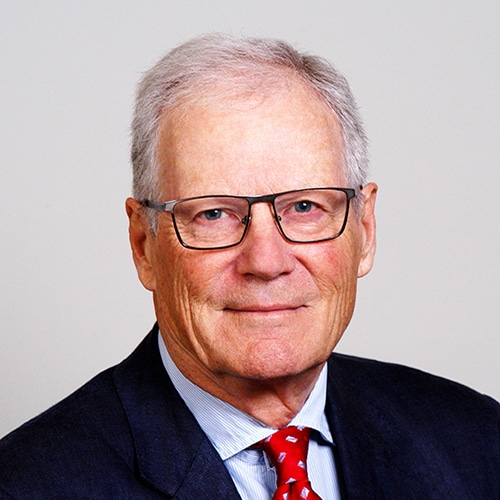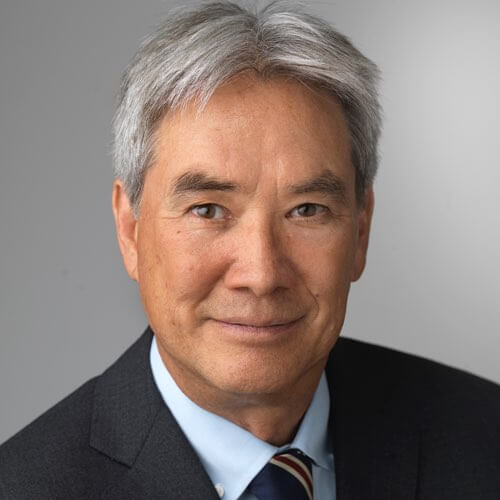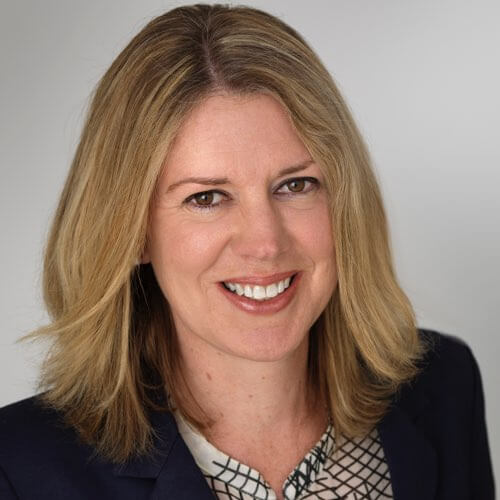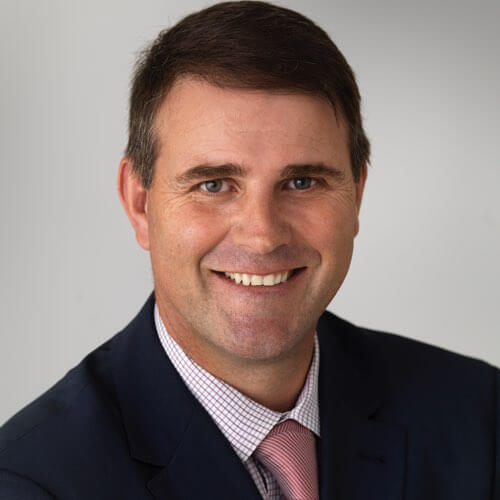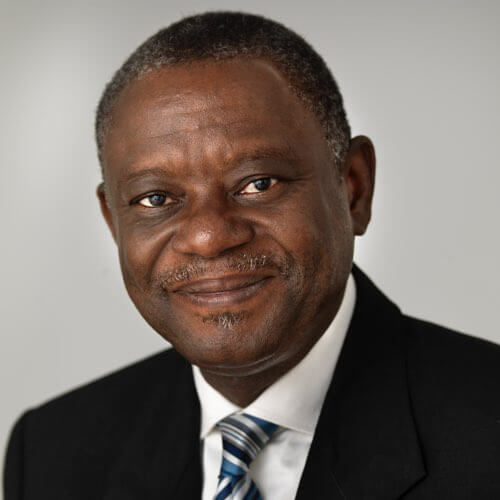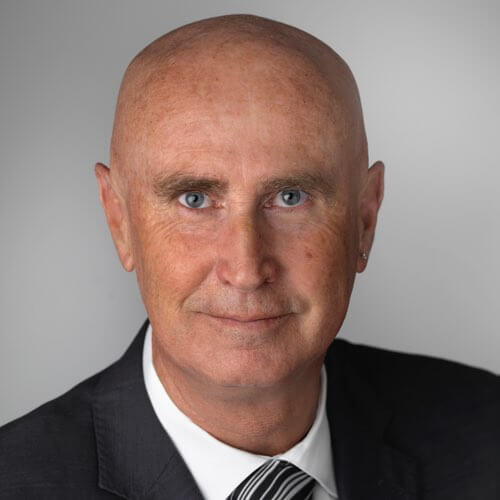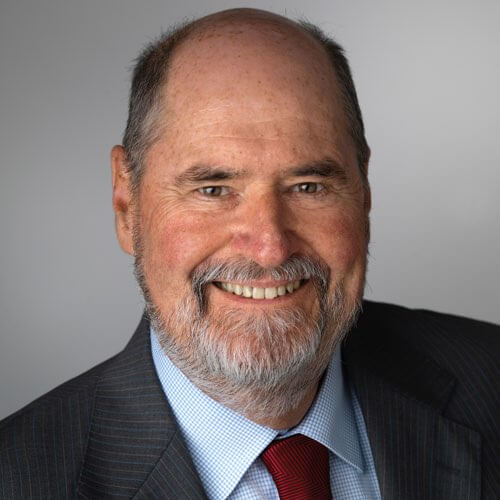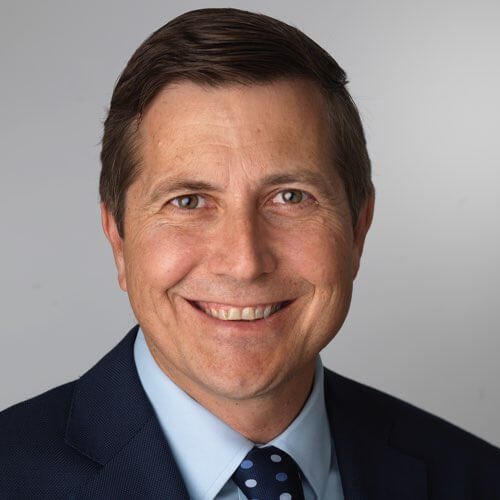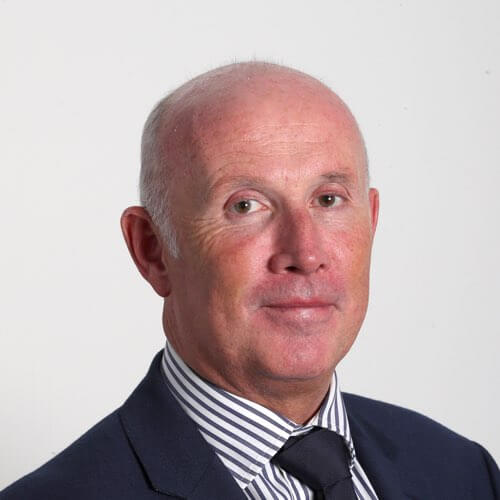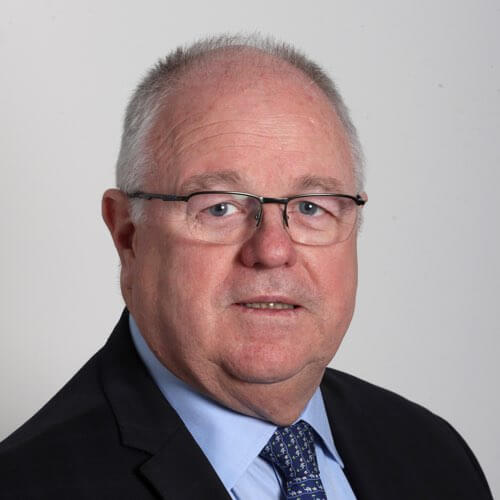Sustainability Performance Framework
We have a clear framework to achieve our sustainability vision.

GOVERNANCE
To achieve our company vision, our governance processes are structured for effective risk management, to help us embrace our opportunities and support the delivery of our financial, environmental and social objectives. These are aligned with the ASX Corporate Governance Council 4th Edition Corporate Governance Principles and Recommendations.
Board Structure & Oversight
Our Board has accountability for sustainability performance through our Corporate Governance Framework and Board Charter, which outlines management’s responsibilities and our standards for acting ethically and responsibly.
In August 2023, we established a new Sustainability Committee to assist our Board and Audit and Risk Committee in fulfilling their obligations and responsibilities relating to our sustainability performance and associated risks and opportunities. Non-Executive Director Amber Banfield is Chair of the Sustainability Committee.
Our Managing Director is the most senior person accountable for the sustainability performance of our business, and under his supervision, our Senior Leadership Team delivers our sustainability strategy, in line with Our Values, Code of Conduct and Sustainability policies. Our Group General Manager Communication and Corporate Services and our General Manager Sustainability oversee sustainability across the business and assist our operations to drive governance, social and environmental performance.


Stakeholder Engagement
Perseus is committed to maintaining open and transparent dialogue with our stakeholders to enable early identification and mutual understanding of potential risks and mitigation strategies. We strive to develop strong, effective, and long-lasting relationships in our mission “to generate material benefits for all of our stakeholders, in fair and equitable proportions”. Key stakeholder groups, their interests, how we create shared value, and how we engage with them are shown below.
ETHICAL CONDUCT
We conduct our business with integrity and in compliance with all host and home country laws as a minimum, and relevant international laws. Elements of our Ethical Conduct Framework are detailed below. Our Corporate Policies are available on our website. Our Compliance Management System, based on ISO AS/ISO Standard 19600:2015, is in place to support us to meet legal and other commitments. In FY20, we did not record or receive any legal non-compliances or fines related to our health, safety, environment, community or security.

Code of Business Conduct
Our Code of Business Conduct brings our values to life and sets the standards for our people to act ethically, responsibly and lawfully. It applies to all employees, including Directors, executive management, contractor staff, suppliers and business partners who act on our behalf.
Our Whistleblower Policy enables confidential reporting of any misconduct, unethical behaviour, unlawful conduct or a business conduct concern.
Anti-Bribery and Corruption
Our Anti-Bribery and Corruption (ABC) Policy and Standards prohibit bribery and corruption in any form and requires compliance with applicable anti-bribery and corruption laws wherever we conduct business.
Transparency
We are committed to open and transparent dealings with all stakeholders relating to our financial and sustainability performance, financial and in-kind contributions, taxes, royalties, and payments to governments.
We support the work of the Extractives Industry Transparency Initiative (EITI) and its efforts to promote revenue transparency and accountability. Our host countries have been designated as EITI compliant and have recently been assessed as making meaningful progress in implementing the EITI Standards. We work with our governments to support them in promoting greater transparency around revenue flows, mining contracts and the beneficial ownership of licence holders.
We publish our tax, royalty and other payments to governments annually by country and project, to make transparent the flow of revenues from across our value chain. We report against the Canadian Extractive Sector Transparency Measures Act (ESTMA) and include this information in our Sustainable Development Report and on our website.
Managing our Supply Chain
Across our value chain, we source products and services from approximately 700 suppliers in Africa, Australia, Europe, Asia and North America. The services and goods provided to us by our supply chain are diverse, and include skilled labour, supply of raw, direct and indirect materials and other services.
All our suppliers are engaged through our Contracts and Supply Framework aligned with Our Values, Ethical Conduct Framework and environmental and social standards.
Our contractors and partners are critical for the delivery of our strategy. We aim to build long-term, stable, collaborative relationships with suppliers local to our operations, and support suppliers from our host communities to build their capabilities and generate local employment.
POLICIES AND STANDARDS
Our approach to environmental and social performance is managed through our framework of interlinked policies, management systems and standards. Our policies and standards are aligned with the principles of the International Standard for Occupational Health and Safety AS/NZS ISO 45001:2018 and Environmental Management Systems AS/NZS ISO 14001:2015. These systems support delivery of commitments for each operation developed as part of the Environmental and Social Impact Assessments (ESIAs), which have been conducted to international standards.
Assurance
Our Internal Audit function evaluates the design and effectiveness of our sustainability policies and standards, and we create detailed management plans to address any identified gaps. Internal Audit conduct annual assurance in line with an internal audit plan, which is approved by the Audit and Risk Committee.
We engage third-party assurance providers to evaluate our sustainability approach and management systems at each operation every two to three years to ensure accurate representation of our commitments and actions. These are also conducted for development projects.
We commenced external independent assurance of our sustainability performance data in CY20 as part of our reporting process, with pre-assurance by KPMG for safety, water, community contributions, people, energy and greenhouse gas emissions data. Pre-assurance continued in FY21, with limited assurance on selected data commencing from FY22.

Alignment with the World Gold Council Responsible Gold Mining Principles
Collaboration is important to bring about positive change, and we have committed to align our sustainability performance framework to the World Gold Council Responsible Gold Mining Principles (RGMPs), which guide improved performance in responsible gold mining. These enable us to communicate with our stakeholders about our business’ sustainability in a clear and straightforward manner, to draw comparisons to our peers, and to advance integration of sustainability into our business. As we grow and evolve, we will continue to apply international best practice across our entire operations through alignment to key global frameworks and standards.
Perseus is currently not a member of the World Gold Council, and our associated disclosure on alignment to the RGMPs is voluntary, and not for compliance. We are integrating the RGMPs into our sustainability performance framework and since FY21, we have conducted a yearly self-assessment against the RGMPs. We disclosed our status of conformance to all of the principles in our Data Book.
We have provided a Statement of Conformance to the World Gold Council’s Conflict Free Gold Standard in our 2023 Annual Report. Our Conflict Assessment indicated no applicable international sanctions for FY23 had been imposed on the countries in which we operate, and we do not have any operations considered to be in “conflict-affected or high risk” areas. We do not source gold from third parties.
Risk and Opportunity Management
Our Risk Management Framework is based on ISO 31000:2009 and is central to our efforts to protect economic and social value and provides a consistent approach across our business enabling us to prioritise our work and allocate resources. We assess identified risks for their likelihood and impact consequence, with impact categories including People, Environment, Financial, Community, Reputation and Compliance/Legal.

Metrics and Targets
We set key performance indicators (KPIs) each year to build on historical performance, with reference to benchmark and peer performance. Selected KPIs are integrated into Group and operational scorecards, with sustainability comprising around 20 per cent of the overall result. These KPIs are cascaded into the business and integrated into individual KPIs and contractor performance metrics. The Scorecards are linked to executive renumeration to drive performance.



